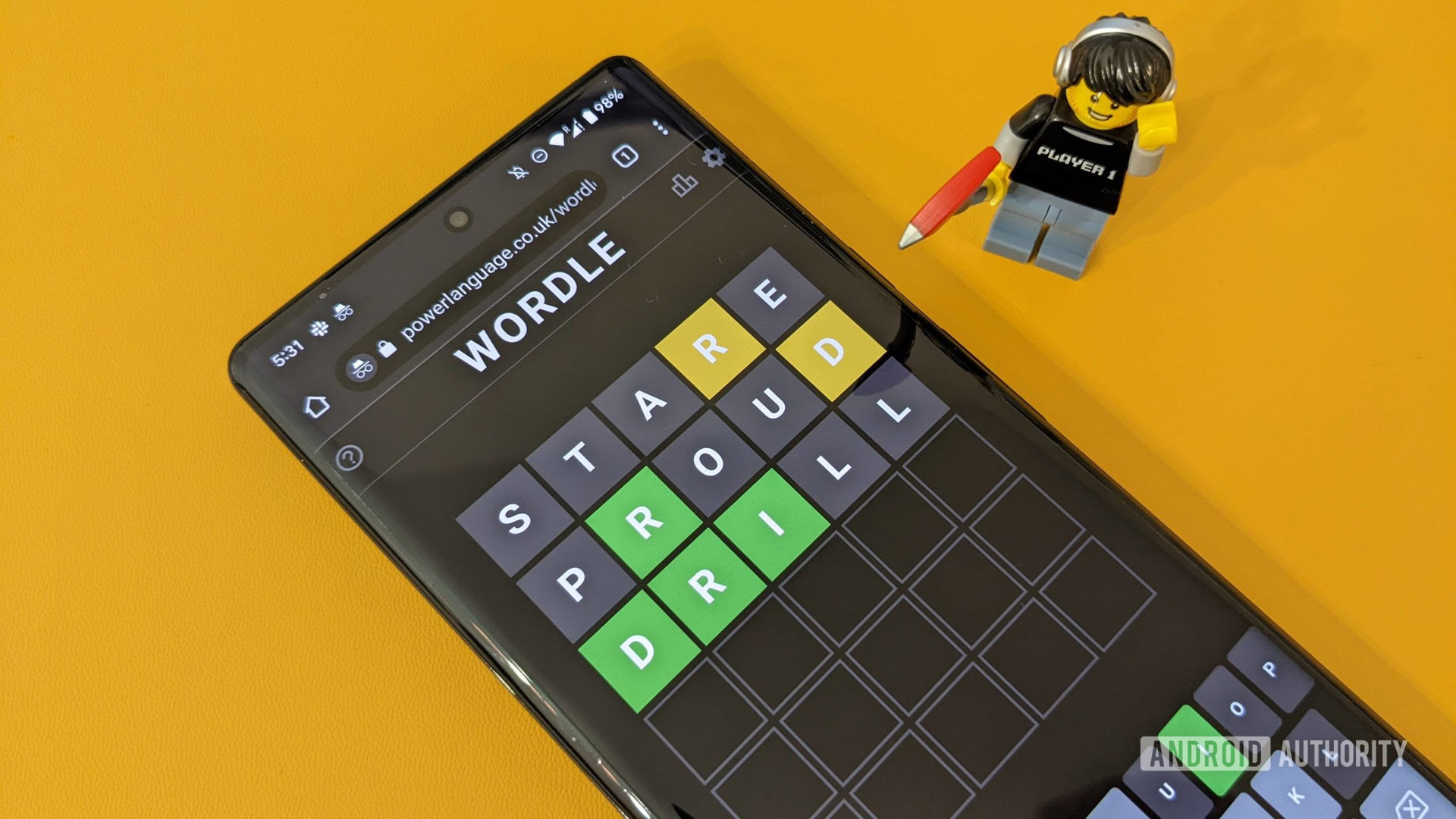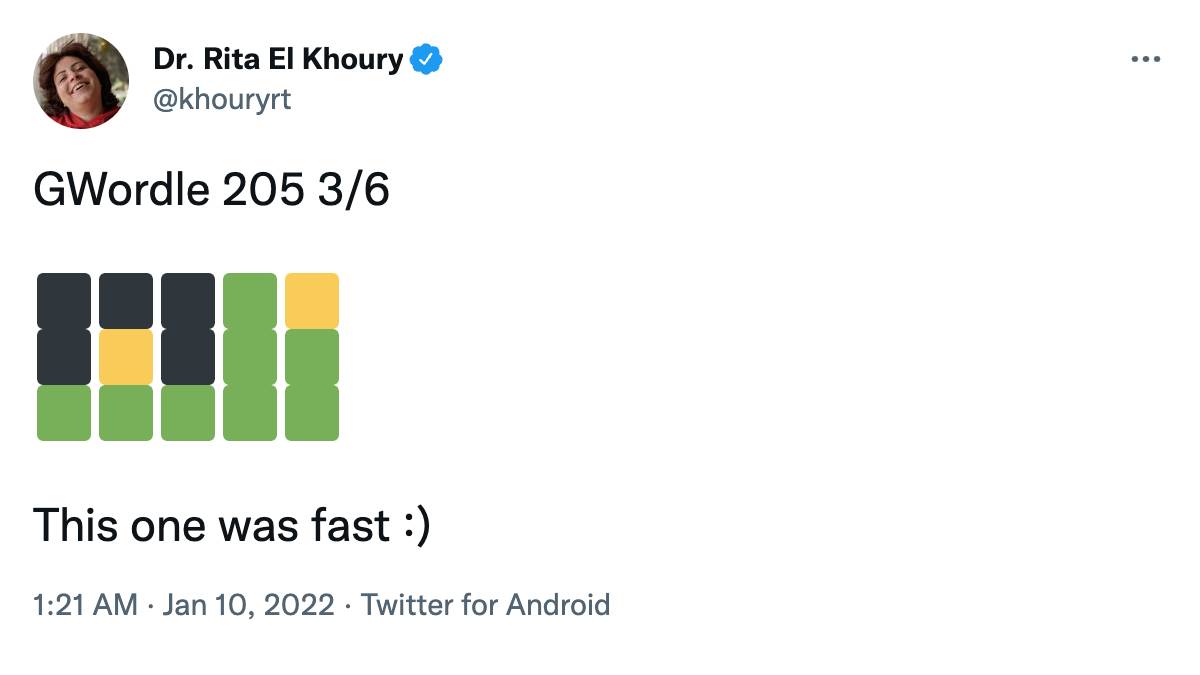Affiliate links on Android Authority may earn us a commission. Learn more.
Wordle's acquisition is proof we can't have nice things anymore
Published onFebruary 1, 2022

I woke up today to the news that Wordle, the word-guessing game that I’ve been playing for a month, has been acquired by The New York Times Company. The price? A low seven-figure sum. Oof — we’re talking about something between a million and a few million dollars. An impressive amount for what is essentially a simple website based on a single javascript file — seriously, this is the entire game right here.
Of course, the acquisition wasn’t about the file per se, nor the (let’s be honest) unoriginal game mechanics. The NYT bought the Wordle phenomenon. Millions of people are playing the game every day across the world, and the company that makes the most famous crossword puzzle certainly wants to be involved with this new word game craze.
None of us could fault Josh Wardle, the creator of Wordle, for profiting from his game’s overnight success and, in his words, feeling “overwhelmed” by all of it. Josh did what any of us would in his situation. But the acquisition itself is leaving many of the game’s fans feeling quite sad. A quick turnaround like this is further proof that we’ve built a world where a big corporation can immediately swoop in and take control of any naturally-good thing for a profit.

The NYT says it plans on keeping the game free for new and existing players, but we’re all very skeptical about this, right? Wordle is nice because it is a website, not an app pinging you with a thousand notifications every minute. It’s special because it’s an ad-free site — do those even exist anymore? — with no cookie pop-ups, no floating videos, and none of the annoyances of the modern web. And in a gaming landscape filled with graphic-intense titles built on addictive tactics and deceptive currency purchases, Wordle kept it simple. One word per day, every day, for everyone, for free.
As long as there is some money to be made, we can't have nice simple things.
Wordle is just nice. Nice like the good ol’ times, when the web was more about sharing information and experiences and less about businesses making billions of dollars in profits. If Wordle was a person, it would be that stranger standing with a “Free Hugs” sign who is just trying to remind us that the best things are the simplest ones.
In its extremely short existence and because of its immediate success, Wordle spanned copycats that wanted to leech off its success, many language variants — Le Mot, Wordle ES, AlWird, Termo, to name a few — and was finally acquired for a million (or more).
After this buyout, the cynic in me is further convinced that nothing good can outlast the greed of big corporations. As long as there is some money to be made, we can’t have nice, simple things.